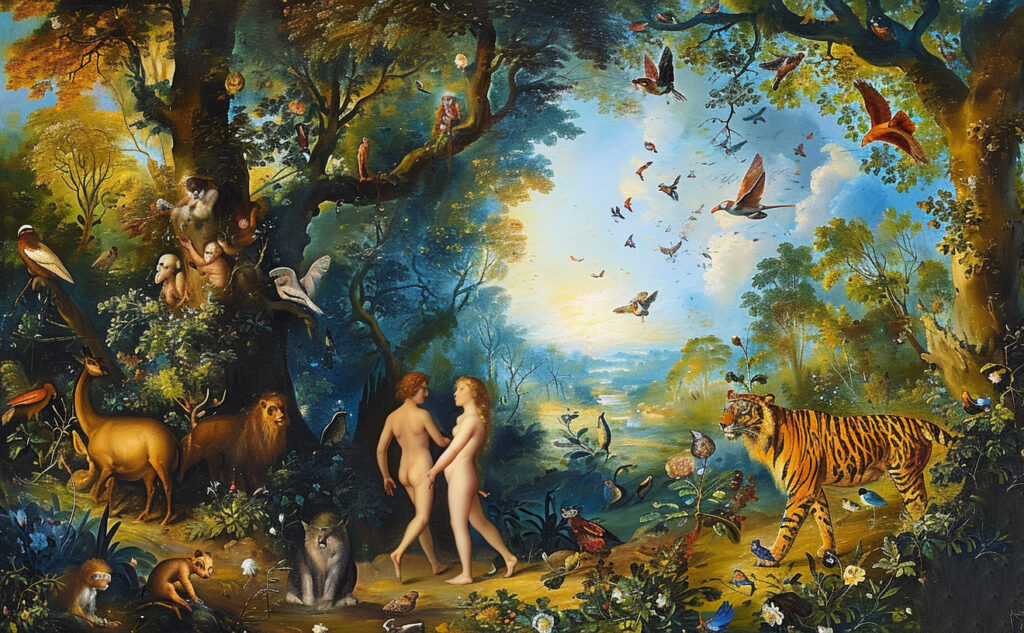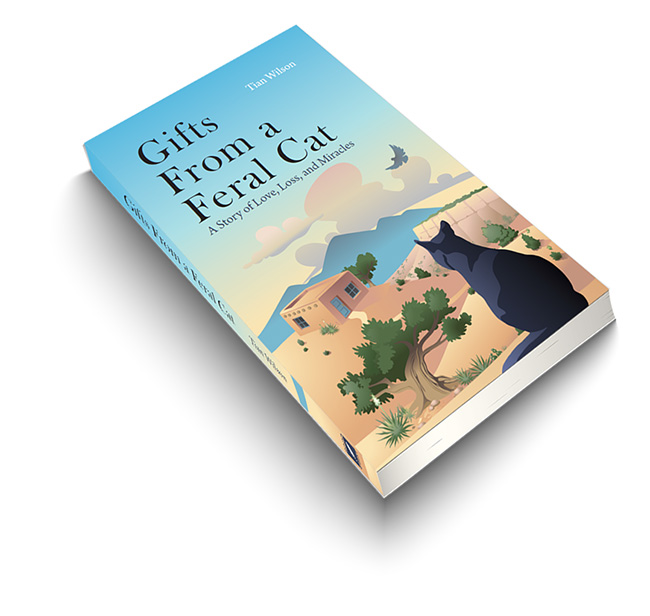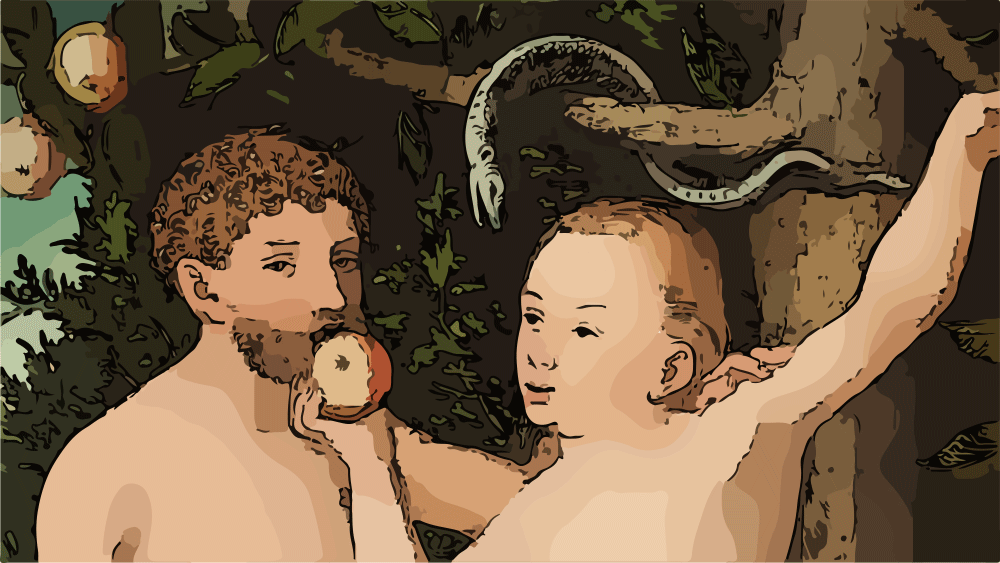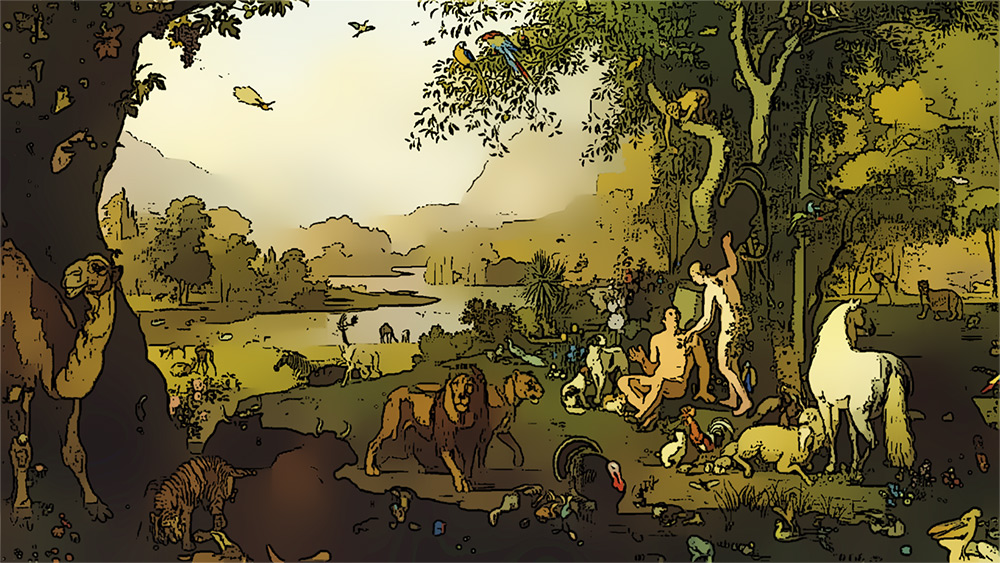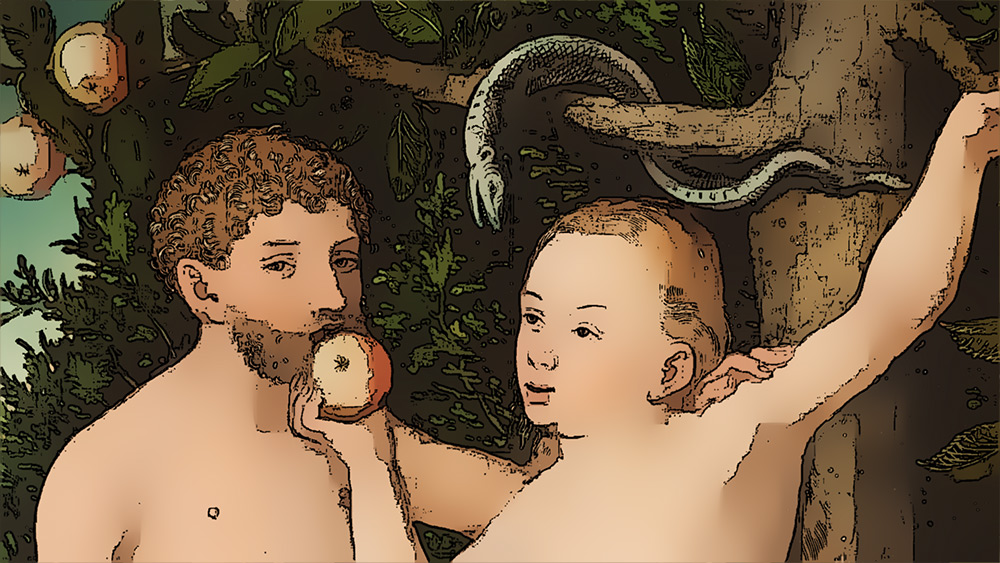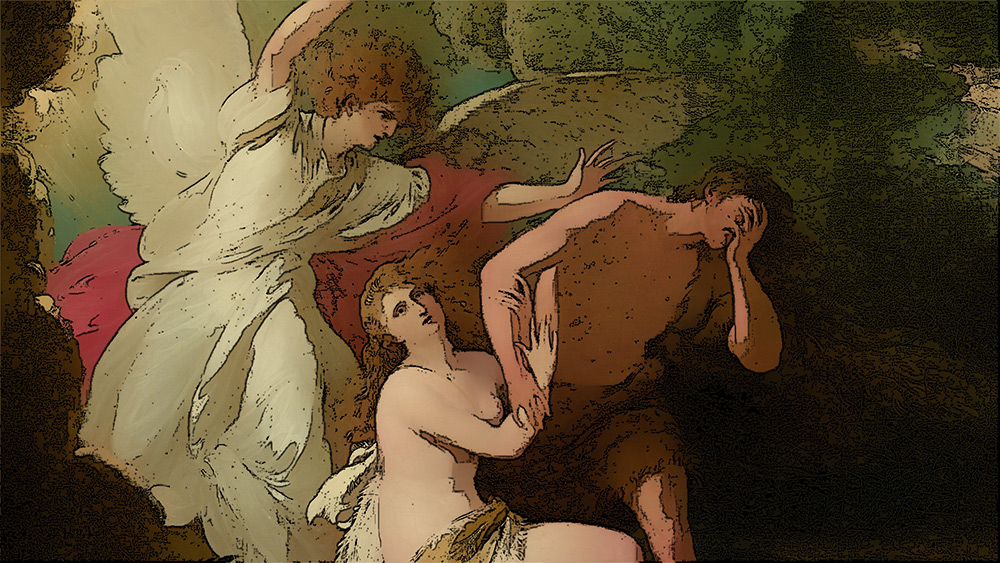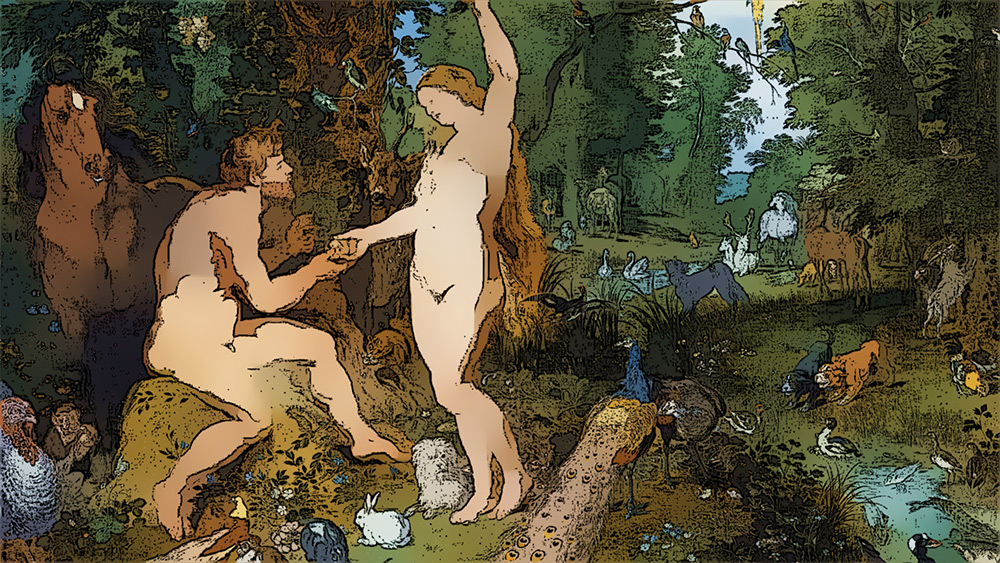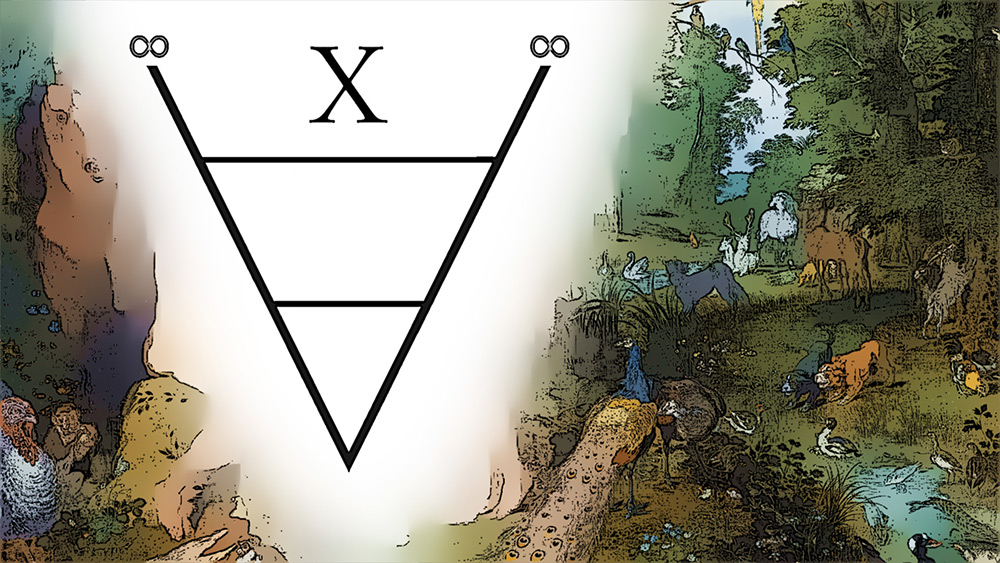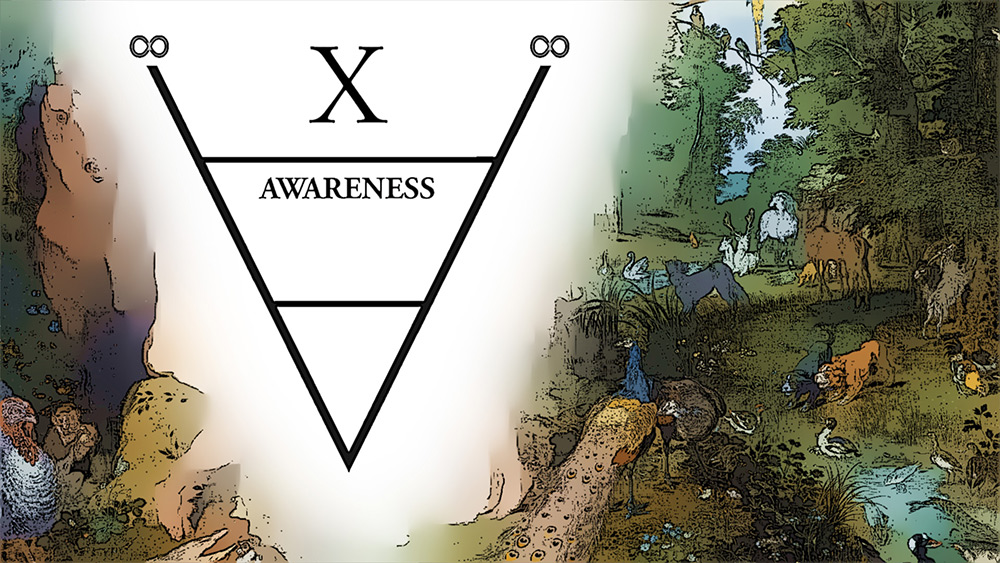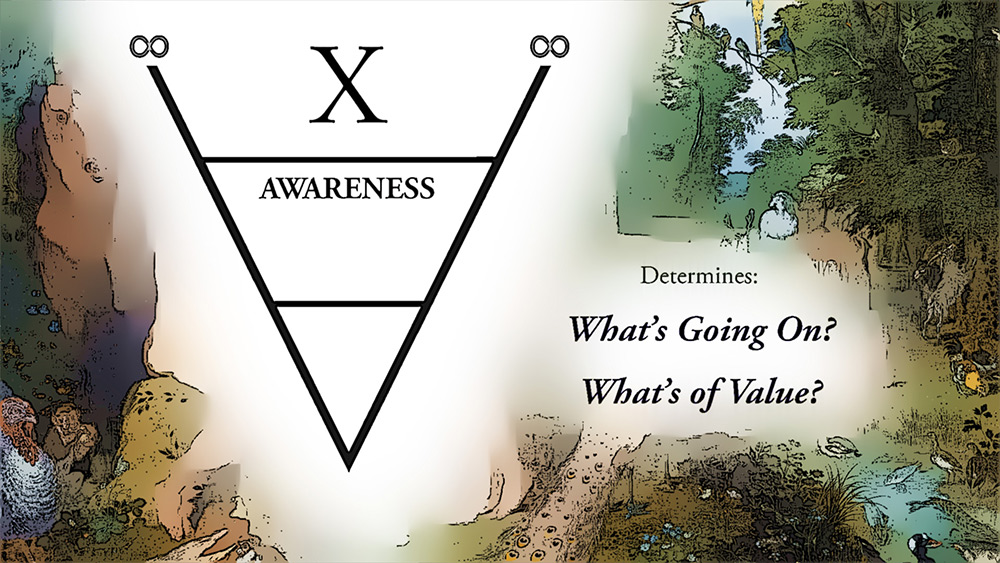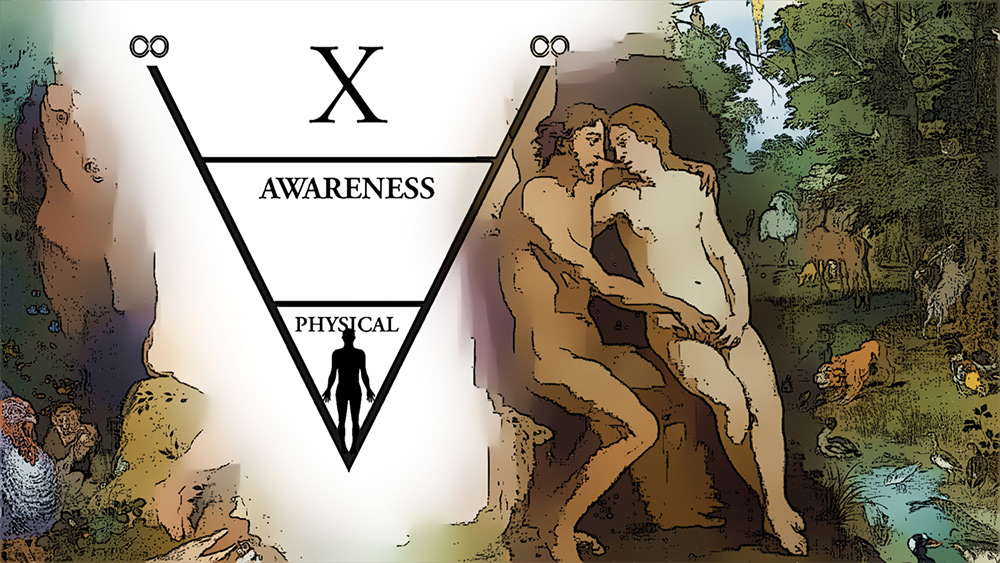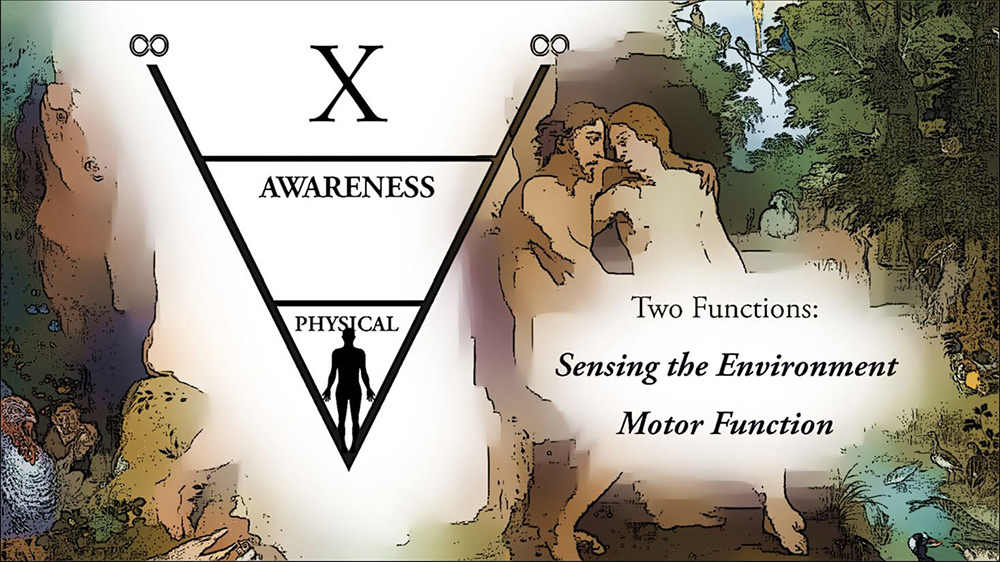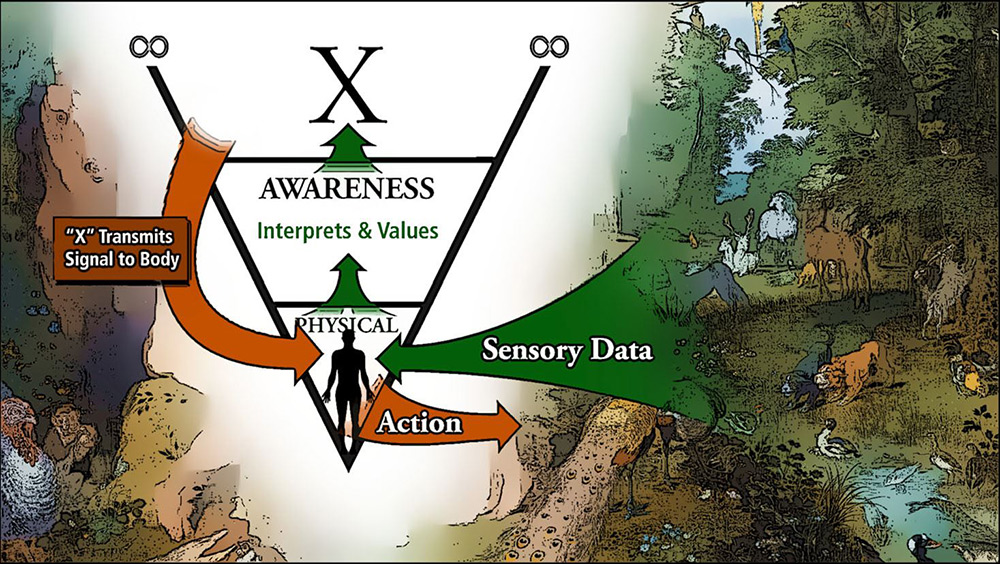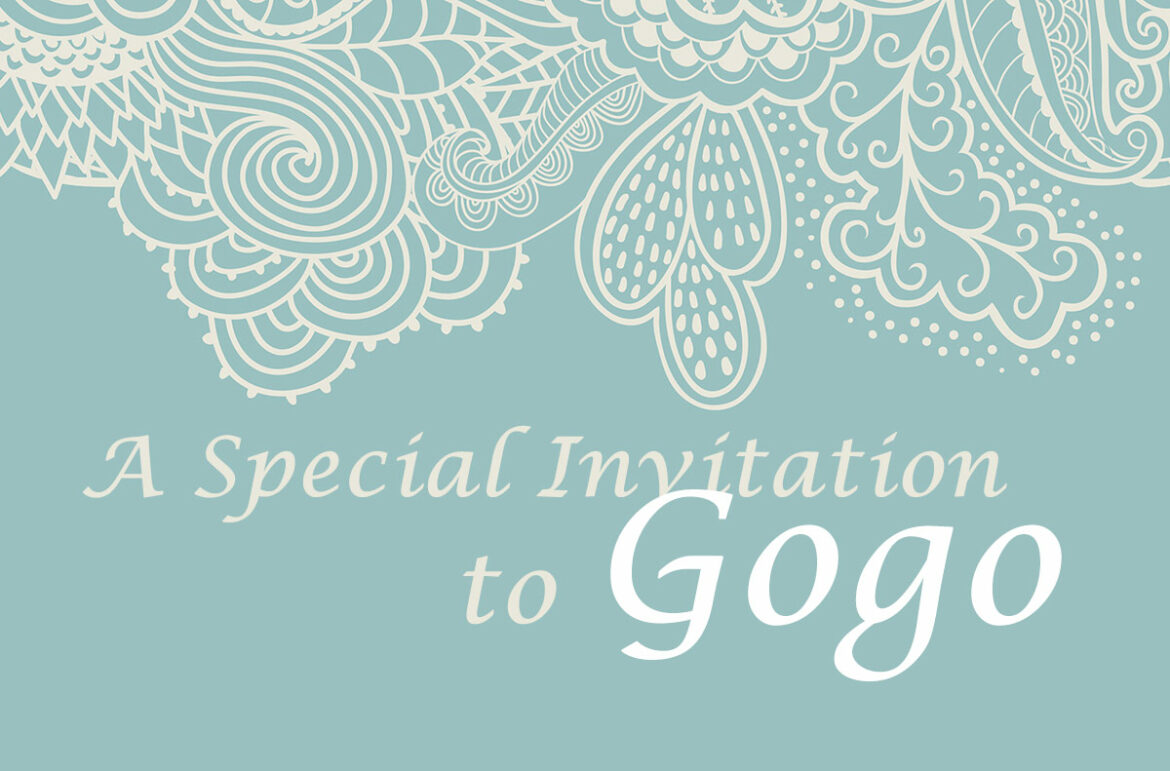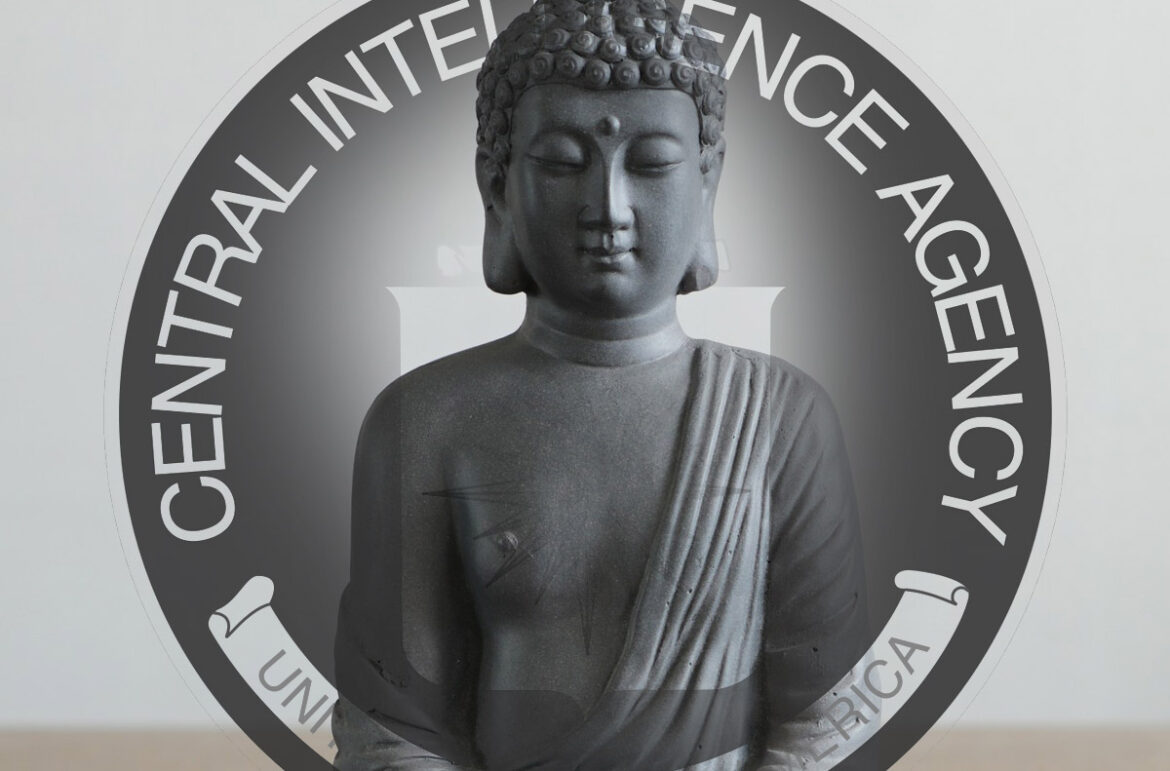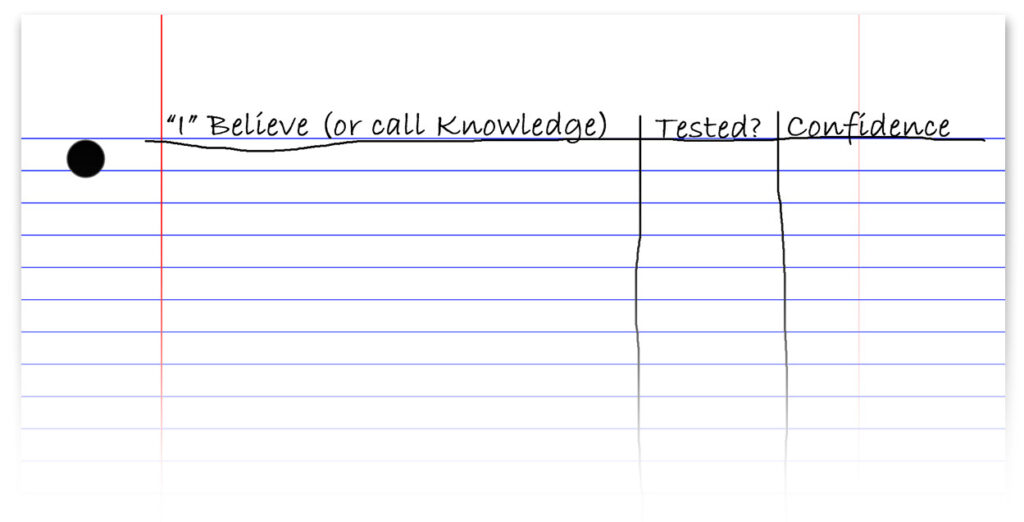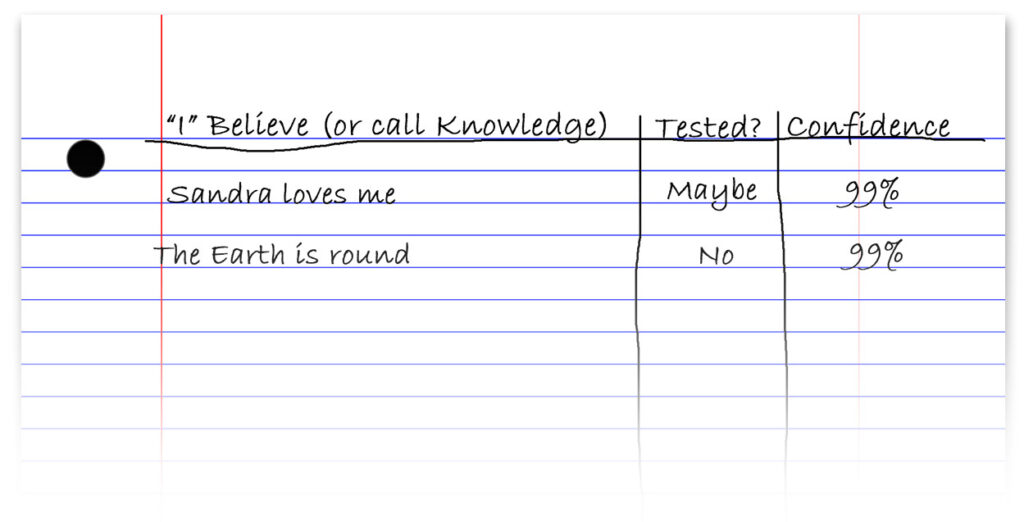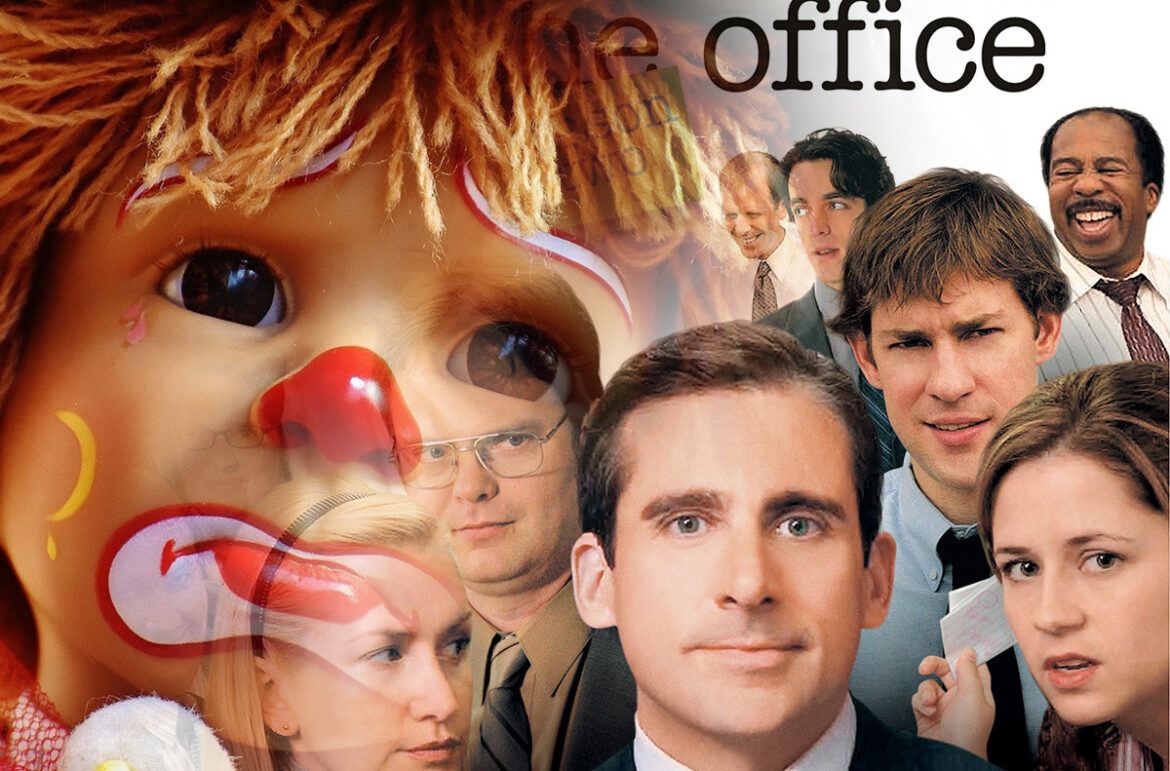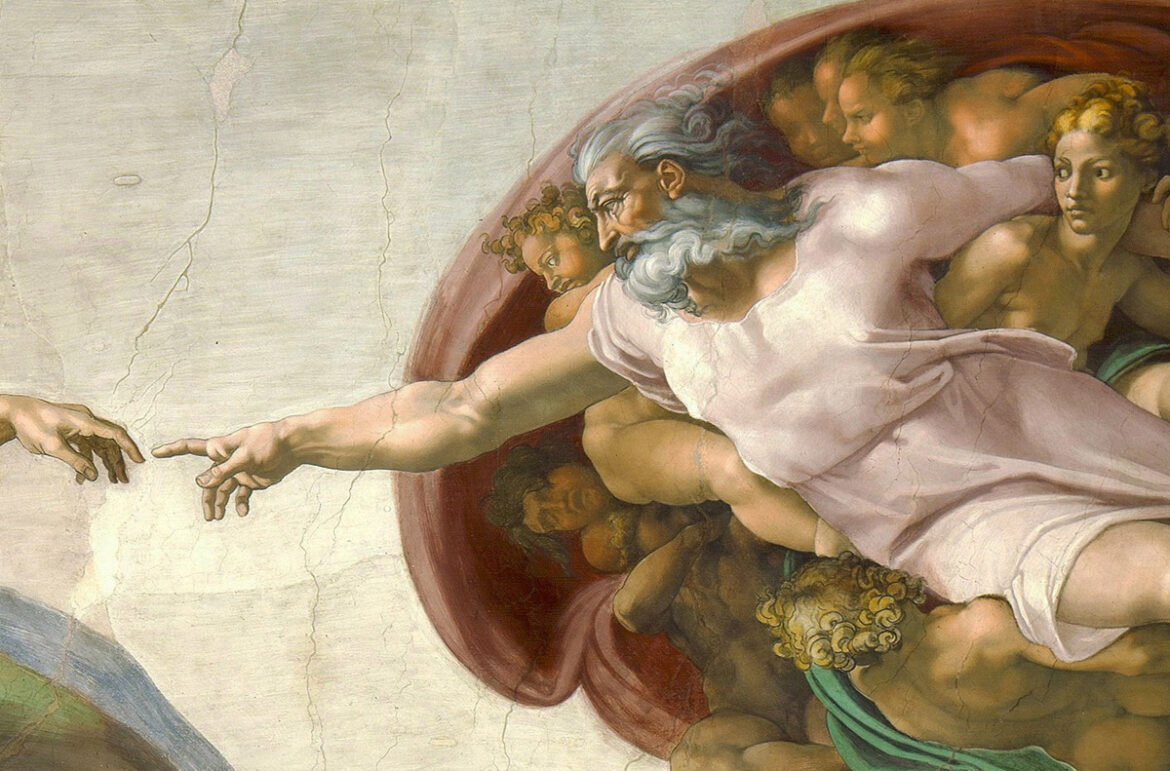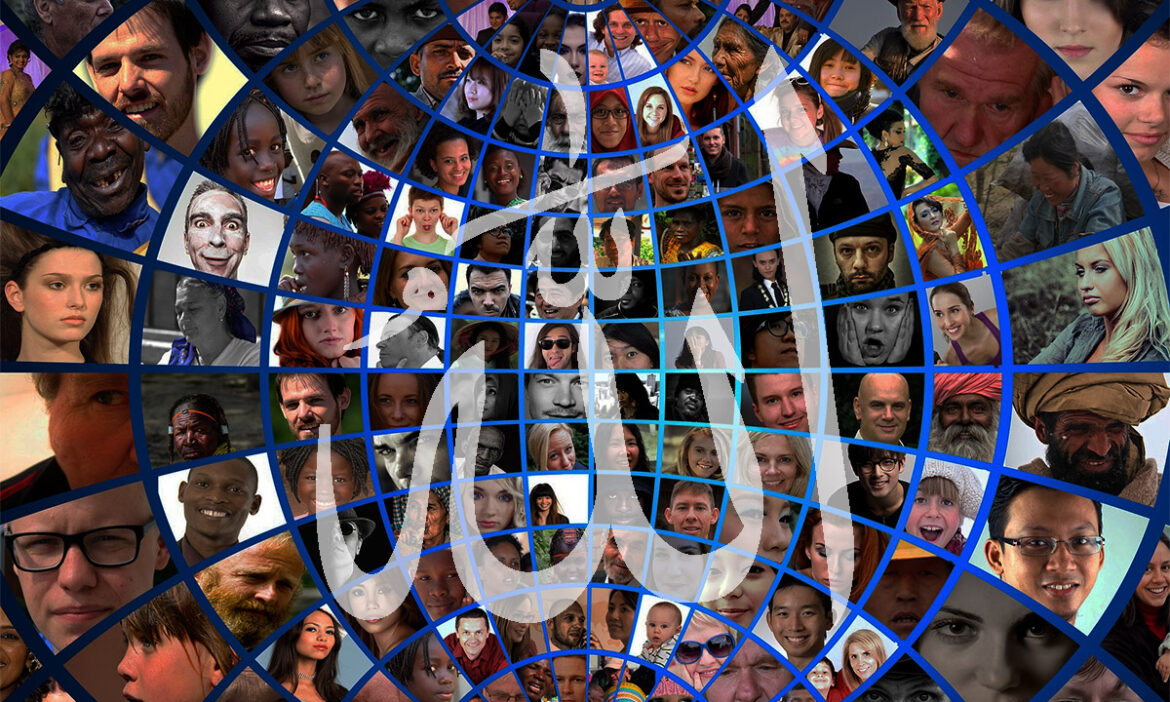There’s a curious phenomenon in our shared psyche as humans, and that’s the idea of “midnight blue.” A blue cast over the world in the middle of the night. You see it often in movies. I learned it in art classes. There are actually techniques in cinematography and editing methods for producing “midnight blue.”
However, in reality, experience of nightscape illuminated in blue moonlight is rare, a phenomenon usually witnessed only during the full moon. But we, as humans, tend to associate this illusion with night in general, and thus “midnight blue” is a popular motif used to establish mood during nighttime scenes in cinema.
It’s interesting how so many illusions pervade our collective unconscious mostly unquestioned. This point of ponderance appeared while reflecting on an event that occurred a few nights ago.
A young man in spirit, now an older man, but neither in dreamland, arrived at a residential development. Houses in a familiar neighborhood enveloped in midnight blue.
And there she was on the doorstep.
He was so relieved to see her as he approached. He had been searching for her for what seemed like a lifetime. She smiled as he gently gripped her face in his hands and kissed her. For him, it was the end of the Odyssey. For her, it was simply a kiss of ‘welcome home.’
In his relief he said, “I’ve been looking for you everywhere.” He kissed her again.
She chuckled briefly as they parted lips. It was a chuckle of, “What are you talking about, silly man?”
She said, “I’ve always been here.”
He knew. He always knew. And he knew the neighborhood, the house, her smile. Everything. And moreover, he had always been there too. He had never left, but had been wandering in an illusory state of amnesia—a dream that they were separated and he had lost her somehow.
Then the man woke up. The warm light of the morning sun shined through the windows of his bedroom and he realized that he had only been asleep.
In his waking state, he had no clue where she was, if she was alive or dead, or if he had ever seen that midnight blue neighborhood before. Yet he felt a very deep and beautiful sense of peace.
For two days he pondered about that dream and why it felt so uniquely cathartic. And as he wrote it down later, the true message of the dream appeared to him.
It was a metaphor about Consciousness.


